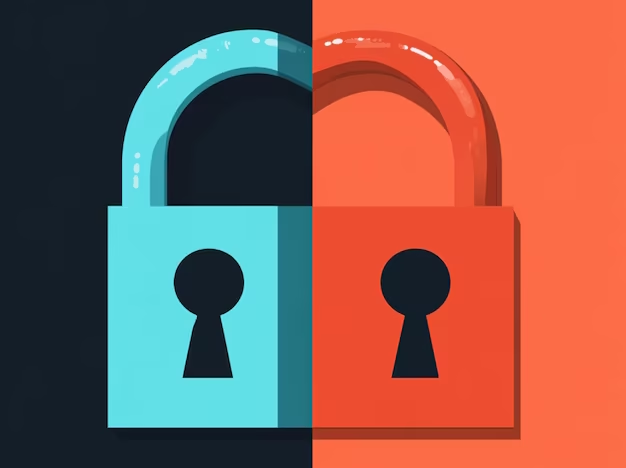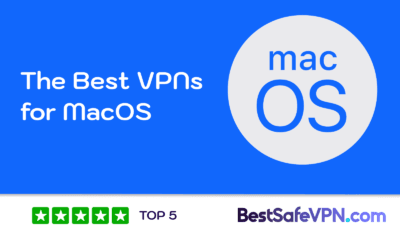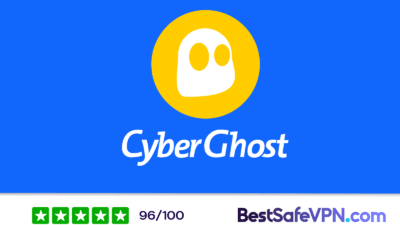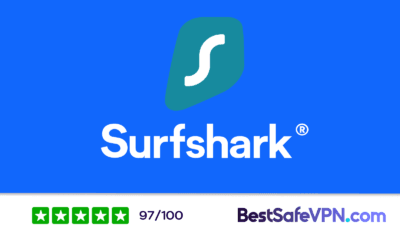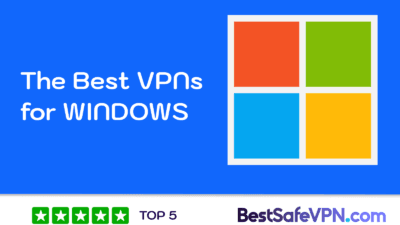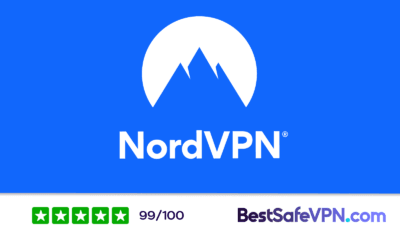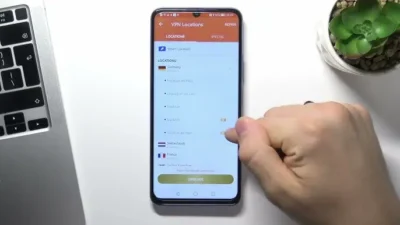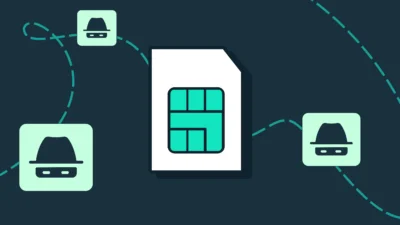Online security is more important than ever, and a VPN (virtual private network) plays a key role in protecting your privacy. A VPN encrypts your connection, protects against surveillance and unlocks access to content that might otherwise be geo-restricted. However, there are a wide range of free and paid solutions available on the market. How do you know which option is ideal for you?
Free VPN: Sweet idea, but watch out for the hooks
At first glance, a free VPN might seem like an appealing solution – who wouldn’t want to secure their connection without paying a fee? Hiding your IP address, basic encryption and access through foreign servers sounds great. But the reality is different. Free VPNs can come with significant compromises that can affect your security and convenience.
How does a free VPN work?
Free VPN providers fund their services in a variety of ways, such as displaying ads, selling user activity data, or using your bandwidth for their own purposes. Some apps may even include tracking scripts that collect your sensitive data without your knowledge. In addition, they often limit your connection speed and offer only basic features to encourage you to upgrade to the paid version.
When is a free VPN appropriate?
- Occasional use: if you need a fast secure connection when working in a coffee shop or airport.
- Easy browsing: if you only visit regular websites without logging into sensitive accounts.
- Testing: if you want to see if a VPN is useful to you before you invest in the paid version.
Disadvantages of Free VPNs
- Restricted access to servers: Free VPNs often have only a few servers, which are often overloaded, slowing down your connection.
- Data limits: most free services limit the amount of data you can transfer (for example, 500 MB per day), which is only enough for basic browsing.
- Ads and tracking: some apps serve ads and track your online behaviour and may sell the data to third parties.
- Missing advanced features: Features such as Kill Switch or DNS leak protection are missing, increasing the risk of your activity being detected.
- Use of equipment for mining: Some services use the power of your device to mine cryptocurrency without your knowledge.
- Connection sharing: some free VPNs can use your connection as a network node, which can slow down your own internet work.
Paid VPN: An investment that pays off
Paid VPN services offer a comprehensive package of features and provide a secure connection without compromise. They are ideal not only for professionals, but also for ordinary users who want to use the Internet safely and conveniently.
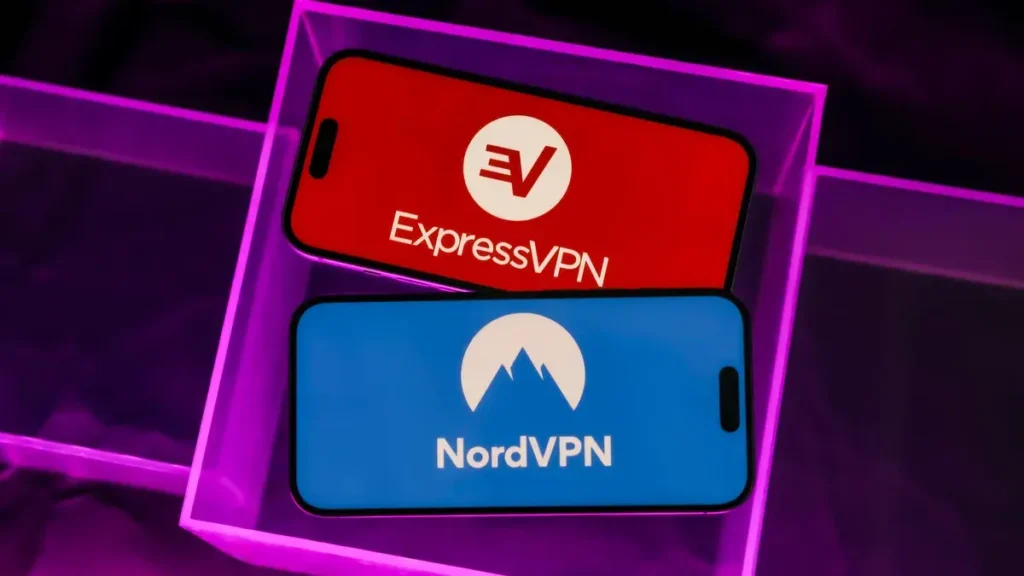
The Benefits of a Paid VPN
- Unlimited data and high speed: Paid VPNs have no data limits and offer a stable connection with no slowdowns.
- Global server network: providers have thousands of servers around the world, allowing seamless connections without congestion.
- Superior encryption: advanced protocols such as WireGuard, OpenVPN and IKEv2 ensure maximum security for your data.
- Streaming support: with a paid VPN, you can easily unblock platforms like Netflix, Disney+ and BBC iPlayer to watch HD or 4K content.
- No-logs: Reputable VPN providers don’t log your activity, so you don’t have to worry about being tracked.
- Advanced security features: tools such as Kill Switch, anti-malware protection and ad blocking are available.
- Multiple devices: one subscription will usually cover protection for multiple devices at the same time, such as your computer, tablet and phone.
Is price really a barrier?
VPN subscriptions are usually in the tens of crowns per month, which is less than the price of a coffee.
For this price, you not only get access to streaming services, but also protection against cyber-attacks and the freedom to browse the internet.
Compared to the price of the cheapest streaming services, a VPN is an investment that offers much more options.
How not to fall for a VPN?
Choosing the right VPN can be tricky due to the number of offerings on the market. Here are some tips on how to spot a quality service:
- Reviews and ratings: look for reviews from experts and real users to reveal the pros and cons.
- Privacy: make sure the provider has a clear no-logs policy and is based in a country with strong privacy protections.
- Official apps: Only download apps from official stores to avoid malware.
- Customer Support: A quality VPN offers 24/7 support to help you set up or troubleshoot issues.
- Transparent terms and conditions: check what data the service collects and why to avoid unpleasant surprises.
Conclusion: a paid VPN is usually a safe choice
If you regularly use public Wi-Fi, stream content, or want to protect sensitive data, a paid VPN is your best bet. It offers high speed, security and reliability without compromise.
Free VPNs may be suitable for short-term, low-maintenance use, but if you want truly comprehensive protection, look to proven brands like NordVPN, Surfshark, or ExpressVPN.
BestSafeVPN Tip: Want to find the perfect VPN for your needs? Check out our detailed reviews and choose the best service for maximum online security and convenience.

